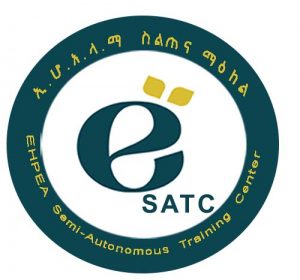In a way that makes it different from other horticultural farms the 12-year old company, Gallica Flowers PLC, is pressing ahead with its project on preserving of flowers. Situated at Menagesha, Oromia Special Zone, the Company is known for its quality products. The higher altitude at Menagesha is a comparative advantage for the farm in flowers production.
Cut flowers are the predominant export commodity for our company. But, in order to cope with the major problems faced recently we are shifting from perishable to non-perishable products through preserving of flowers. The new technique would enable us to keep natural flowers fresh for years. “We preserve, package and export flowers. It took us three years to attain here. In so doing, we use a viable but effective technique,”Gallica General Manager Stephane Mottier said.
“The issue of land has not been settled. Though we signed a 30-year contract at the start the regional government came up with a new directive which led us to revoke the previous one and sign a 15-year contract for a twenty-hectare additional land we received.”
Up to know the company has created 350 jobs for youngsters and local household members in the area. The company has the potential to create over 1,000 jobs provided that the land lease issue is settled and the company is allowed to develop the remaining land not yet utilized.
According to the General Manager, the increased cost of inputs and packaging, foreign currency inconsistency, diminishing workers productivity, the changing climatic condition and the excess flower production at global market are some of the challenges the company is expected to work out in order to maintain its track record.
Company Farm Manager Gizachew Wondimu also noted that the company is testing a lot of products presently. “We undertake the task of preserving using a mix of flowers, seeds and herbs. Though our target is the international market we have also sold preserved flowers locally at Sheraton and Hilton hotels.”
The Farm Manager said the company is doing well with regard to CSR. So far we have developed potable water service at three spots for surrounding households. The company is ready to capitalize on corporate social responsibility activities done so far.
Government intervention and close support is quite essential to help overcome obstacles in horticulture investments. The existing investors should serve as an ambassadors. Instead of Dutch auction the company opts for direct market supply to countries in Europe, the Middle East, Asia and Africa.








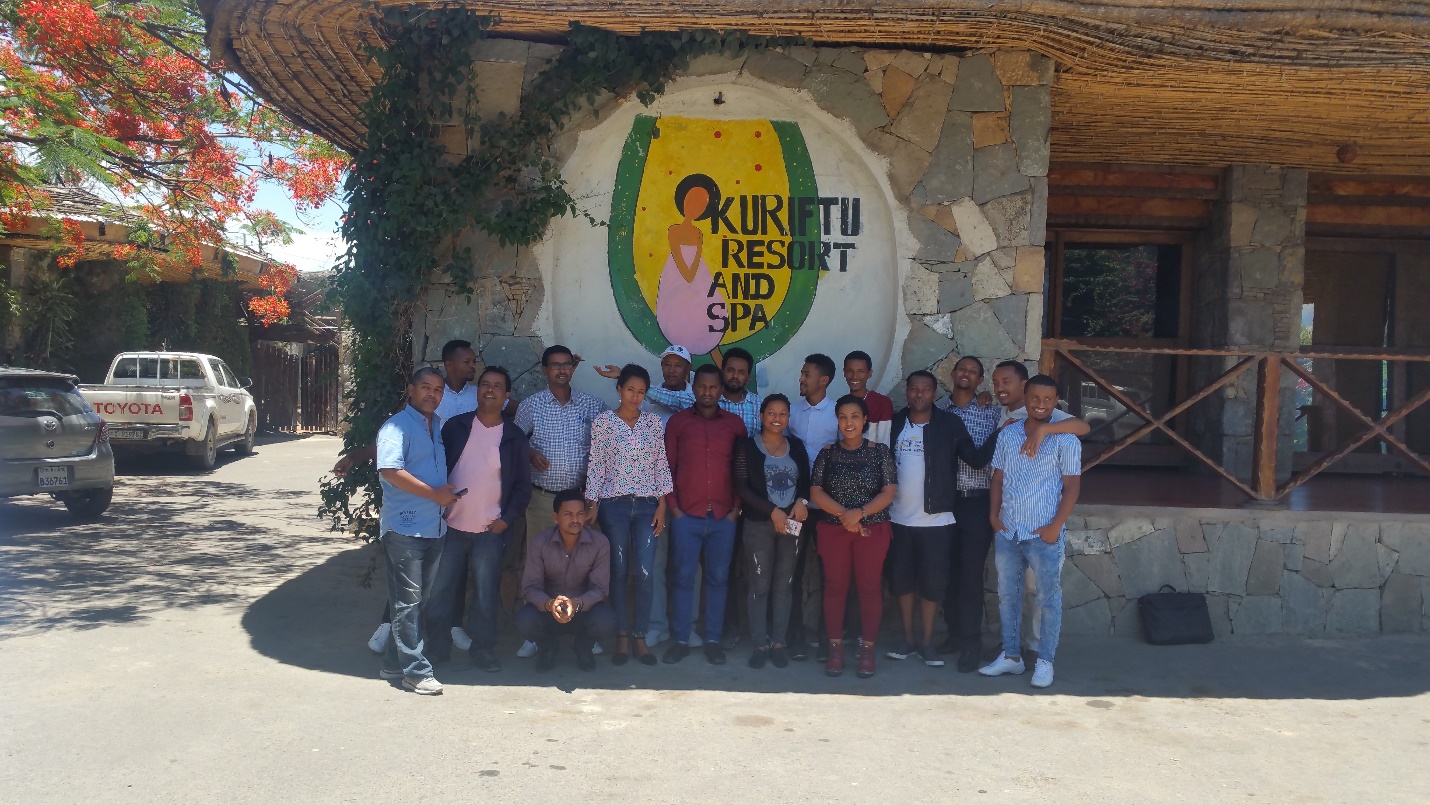
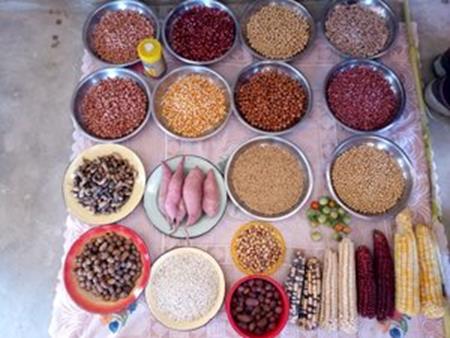

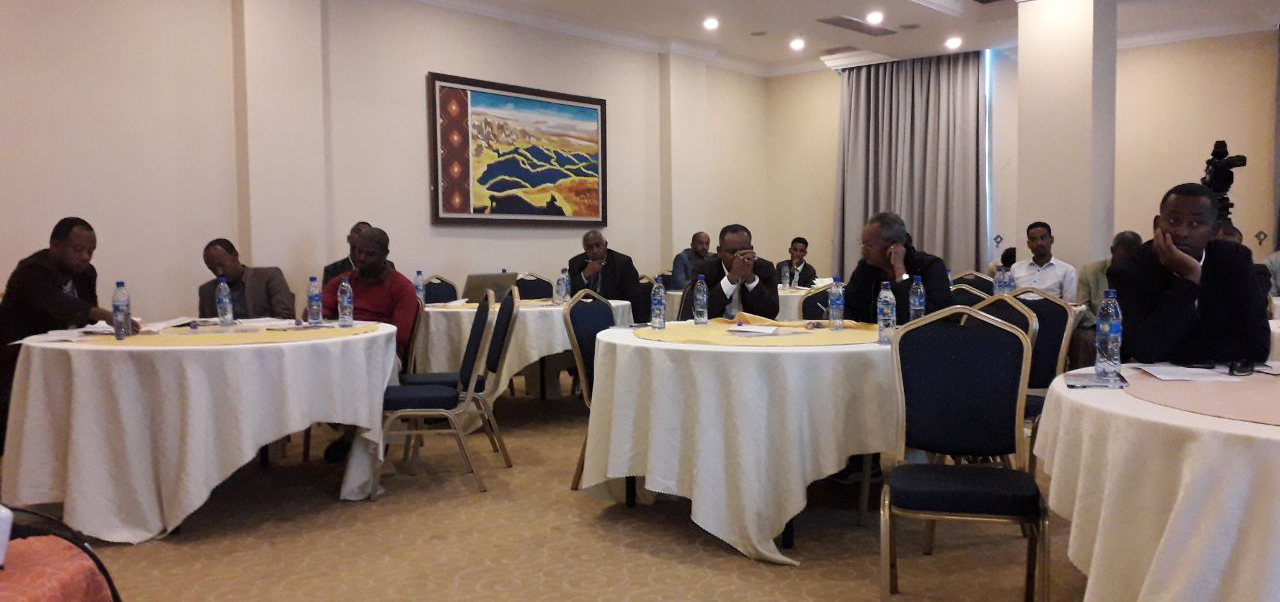
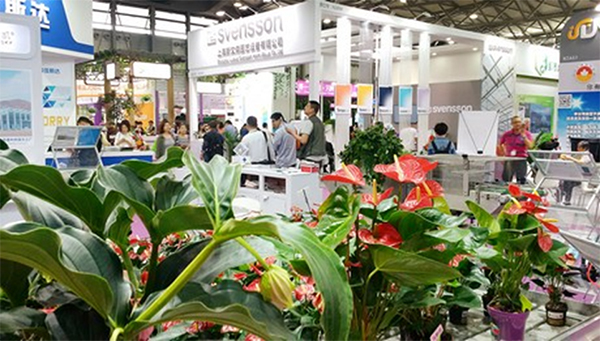
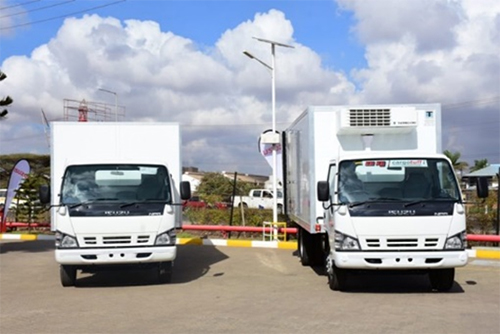



 Ethio-Agriceft, Agriflower Holeta has taken a bold step towards engaging in community-based health insurance program. With a view to creating awareness, company senior executives have contributed their first membership fees and called on the rest employees to follow through and become CBHI scheme beneficiary.
Ethio-Agriceft, Agriflower Holeta has taken a bold step towards engaging in community-based health insurance program. With a view to creating awareness, company senior executives have contributed their first membership fees and called on the rest employees to follow through and become CBHI scheme beneficiary.
